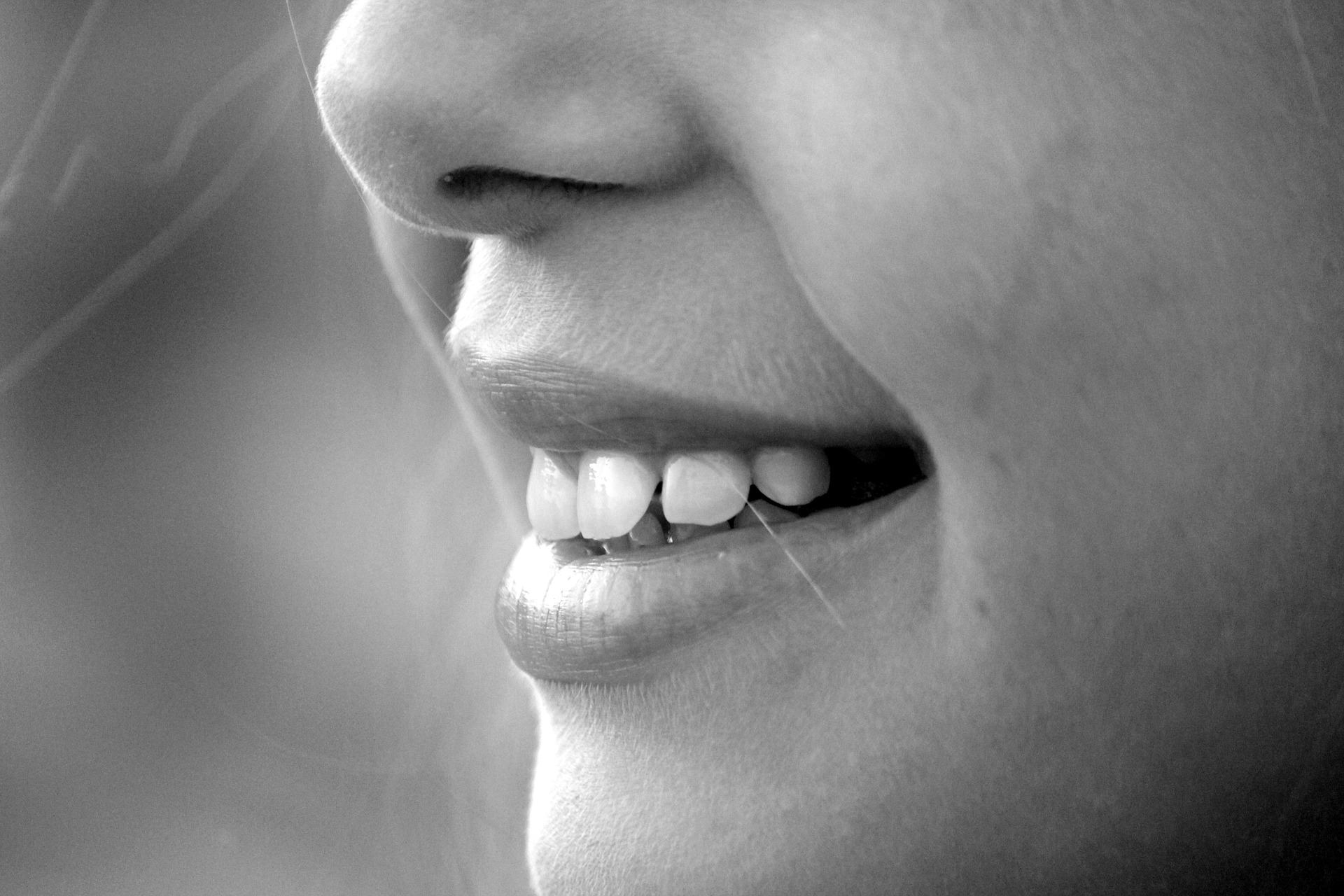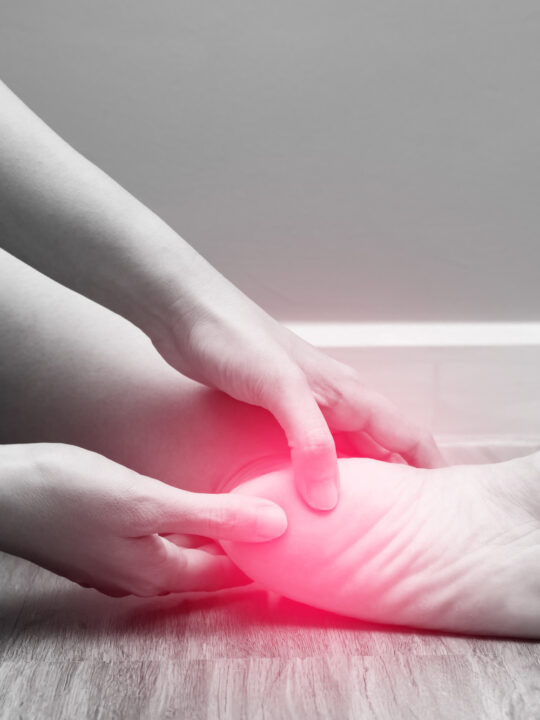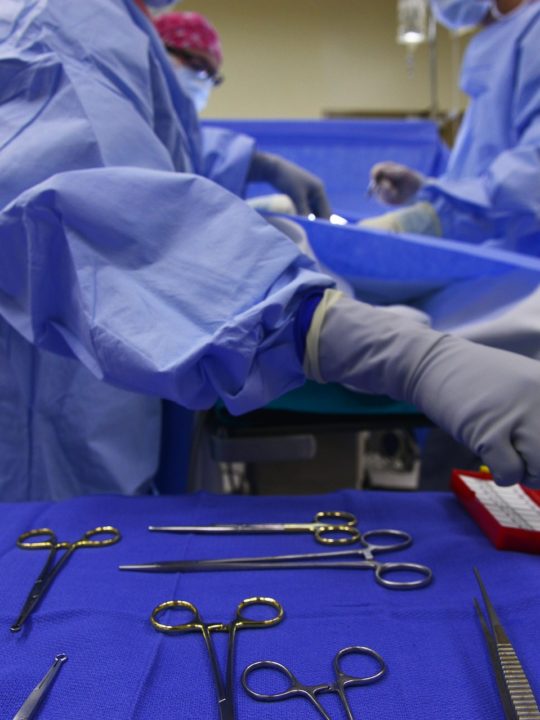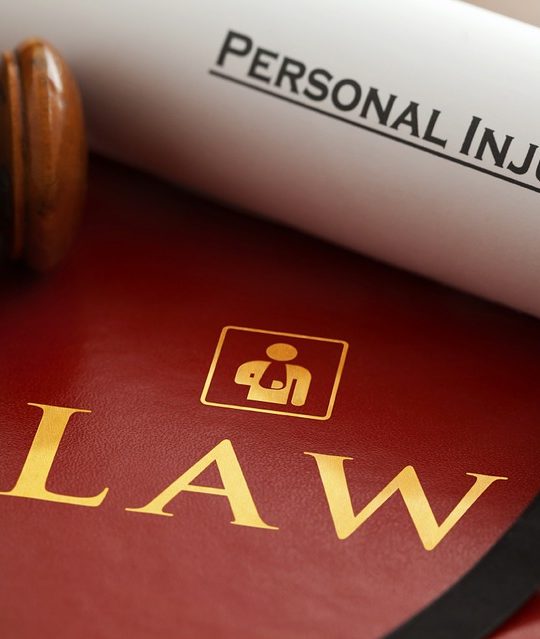 The importance of good oral health cannot be overemphasized. Unfortunately, most people including some physicians overlook how the mouth, teeth and gums can affect your general health. Research has established that there’s a link between oral health and overall health.
The importance of good oral health cannot be overemphasized. Unfortunately, most people including some physicians overlook how the mouth, teeth and gums can affect your general health. Research has established that there’s a link between oral health and overall health.
Oral care is important to maintain healthy gums, teeth and tongue. Dr. Kami Hoss believes oral problems including dry mouth, bad breath, cold sores, thrush or tooth decay are all treatable with proper diagnosis and care.
One of the most important procedures a dentist will recommend is to consider braces. As critical as appearance can be, the benefits of braces go beyond just aesthetics. Nonetheless, dental braces have distinct pros and cons for your dental hygiene and overall health.
Pros and Cons of Dental Braces
Pros
Braces can treat problems related to crowded smiles, poorly aligned bites and crooked teeth. They have become more accessible, affordable and reliable than ever before.
Studies have also shown that braces help to prevent tooth decay as they straighten one’s teeth so that they do not overlap. This can make it easier to chew food and prevent teeth from wearing out. Perfectly aligned teeth are also less prone to jaw disorder, cavities or gum disease.
Using braces enhances oral hygiene. Loosely held or crooked teeth, as well as bad bites, can be a hassle to clean due to overlapping teeth and pain leading to dental health problems such as gingivitis, tooth decay and dental caries. By correcting these flaws, braces help to improve your overall dental health.
Braces also help to strengthen the gums, enabling them to firmly hold teeth in their sockets. This helps to avoid chewing problems, general pain and jaw flaws. It also enhances speech and improves audibility.
The improved aesthetic appearance that comes with using braces has helped lots of people boost their self-esteem and regain self-confidence.
Cons
Braces can cause some degree of discomfort during treatment. Some patients experience minimal pain and some degree of discomfort during the initial brace fixing procedure. For some people, the pain persists even longer due to the pressure exerted on the teeth by the braces.
Braces can also cause soreness in the tongue and mouth. Since the mouth cavity is lined by smooth muscles, a slight dislocation of the braces can poke the cheeks, causing discomfort.
In some cases, patients are allergic to the material used to make braces, exposing them to side effects. From time to time, patients have developed rashes on the tongue, lips and cheeks, making it difficult for them to eat.
They also require a lot of follow up visits and checkups to the dentist for tightening. Cleaning and maintain teeth with braces can also be tedious. Also, there are certain food types you cannot eat when you have braces.
Dr. Kami Hoss is a renowned dental practitioner who is passionate about providing nothing short of the best orthodontic care to patients. He is a highly experienced professional and CEO of Super Dentists, a widely recognized dental practice commitment to community and provision of premium dental care.







